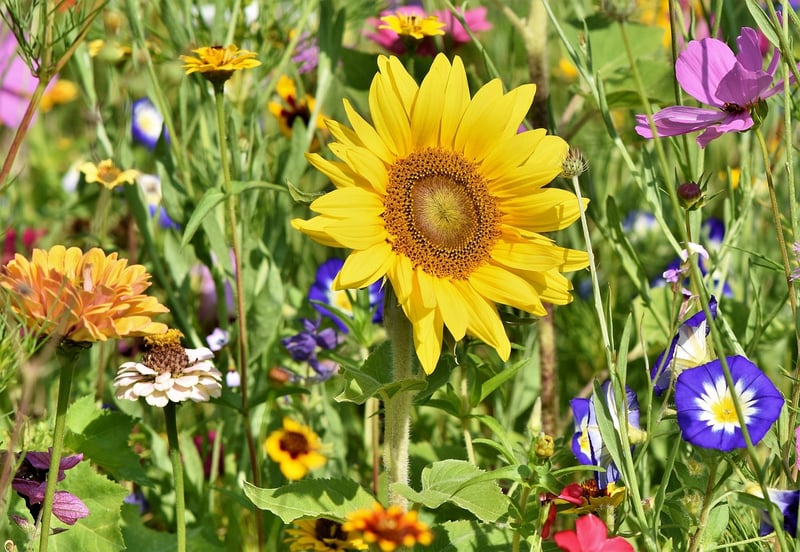Pest Control
Maintaining Plant Health and Pest Control
Plants are essential for a healthy environment, providing oxygen, food, and beauty. To ensure your plants thrive, it's crucial to maintain their health and protect them from pests. Here are some tips for keeping your plants healthy and pest-free:
1. Choose the Right Plants
Start by selecting plants that are well-suited to your climate and soil type. Healthy plants are more resilient to pests and diseases.
2. Proper Watering
Overwatering can lead to root rot, while underwatering can stress the plants. Find the right balance and water your plants according to their specific needs.
3. Provide Adequate Sunlight
Plants need sunlight to photosynthesize and grow. Ensure your plants receive enough sunlight based on their sunlight requirements.
4. Regularly Inspect Your Plants
Check your plants regularly for signs of pests or diseases. Early detection can prevent the spread and damage caused by these issues.
5. Use Organic Pest Control Methods
Avoid harsh chemicals and opt for organic pest control methods like neem oil, insecticidal soap, or introducing beneficial insects to your garden.
6. Practice Crop Rotation
Rotate your crops each season to prevent the buildup of pests and diseases in the soil. This can help maintain plant health over the long term.
7. Remove Infected Plants
If a plant is severely infected with pests or diseases, it's best to remove it to prevent further spread to other plants in your garden.
8. Mulch Your Garden
Applying mulch to your garden can help retain moisture, suppress weeds, and improve soil health, creating a more favorable environment for your plants.
Conclusion
By following these tips, you can maintain the health of your plants and keep them free from pests. Remember that prevention is key, so stay proactive in caring for your garden to enjoy flourishing plants for years to come.

For more information on plant health and pest control, visit Gardening Know How.
